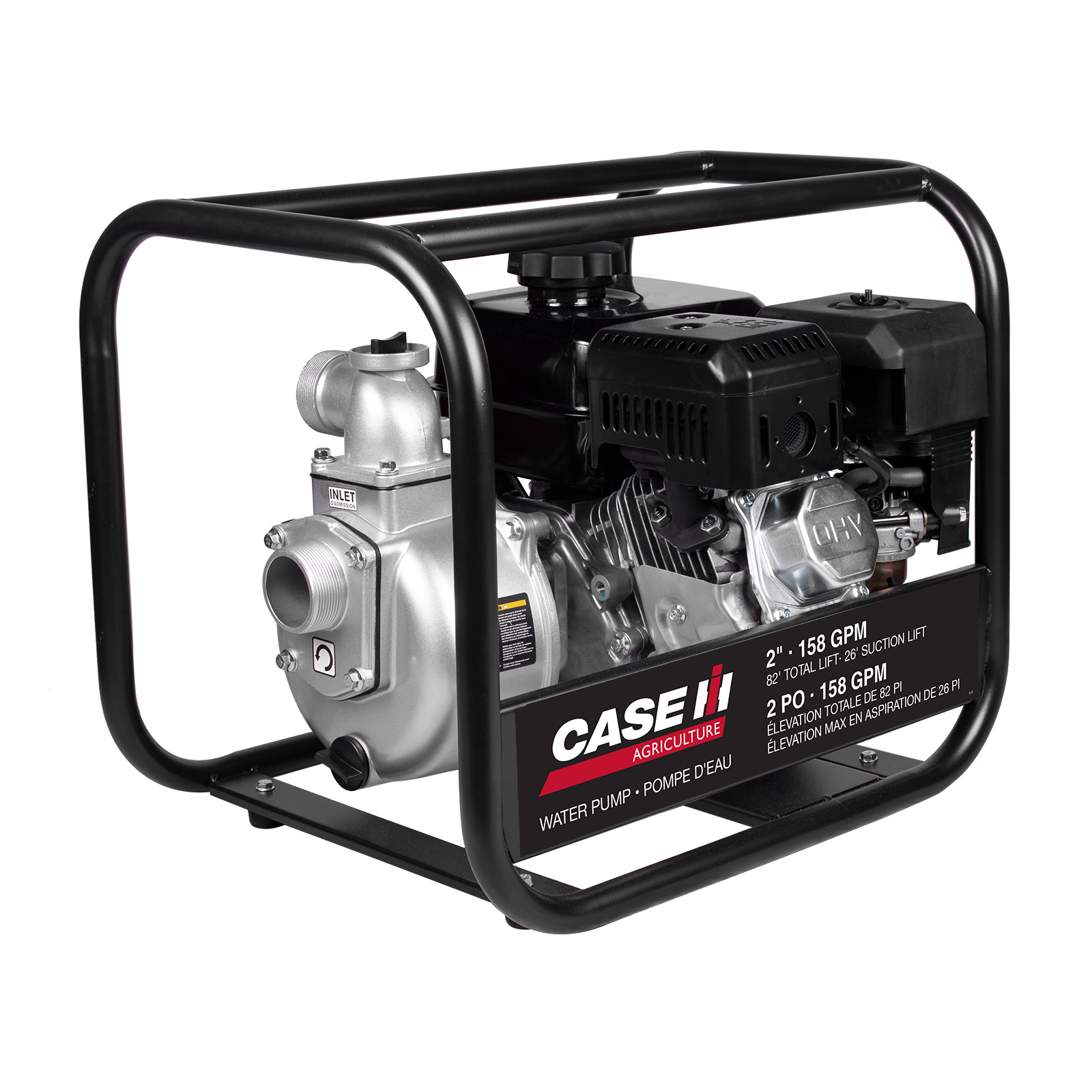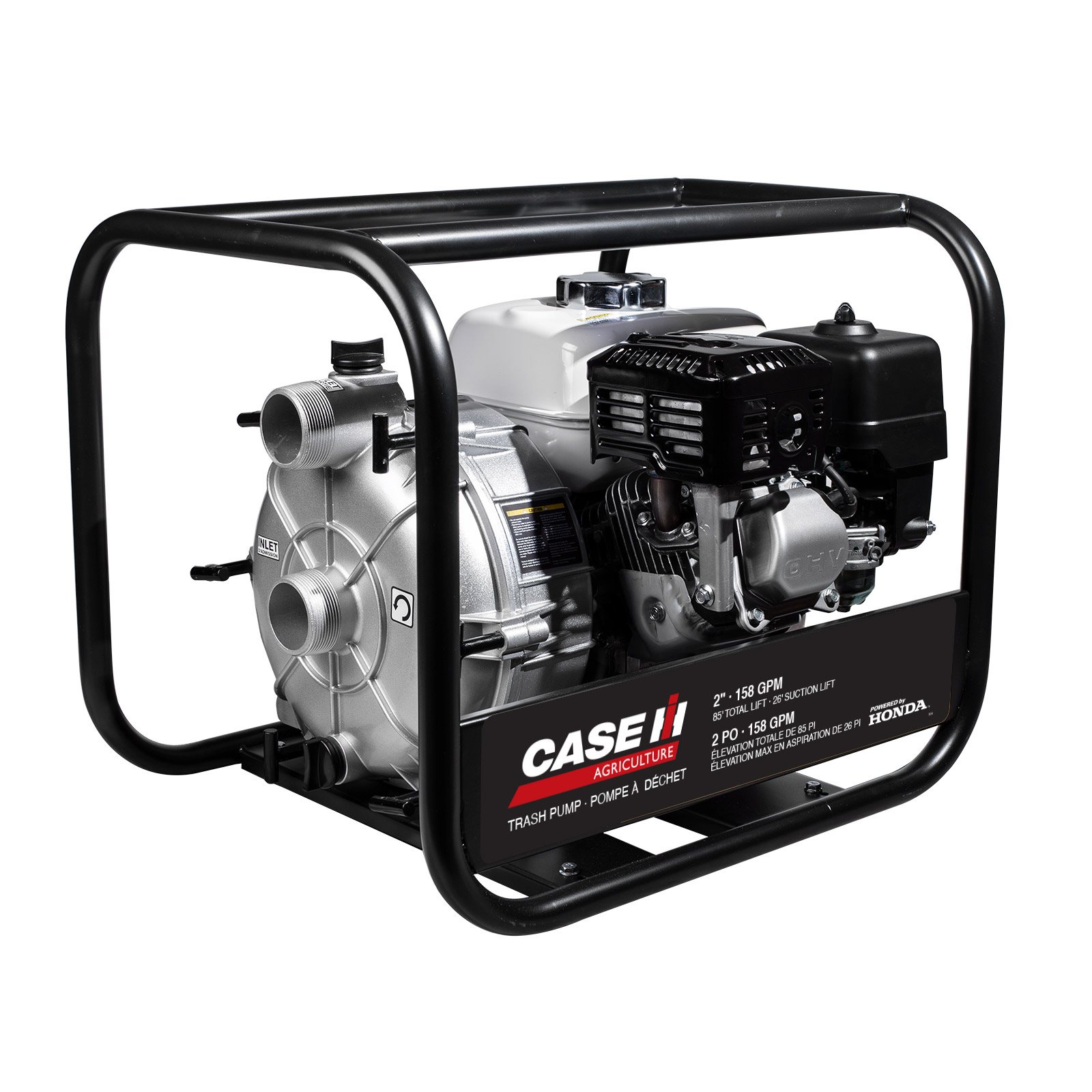Breakdown of Water Pumps
Performance Rating
Water is a vital resource. It is essential for growing crops and sustaining livestock. However, Mother Nature can send too much water that can flood fields and basements. Water pumps will allow you to move the water where you want it.
| GPM (Gallons Per Minute) | Total volume of fluid that can be moved in a minute |
| SUCTION LIFT | Total vertical distance the incoming fluid can be lifted from the source |
| DISCHARGE LIFT | Total vertical distance the fluid can be pumped from the discharge outlet |
| TOTAL LIFT | Sum total of the suction and discharge lift |
| PSI (Pounds Per Square Inch) | Pressure at which water flows |
Types of Transfer Pumps
All transfer pumps are very similar in design. The pump is mounted onto an engine that drives the system. Every pump has an impeller spinning in a whorl case inside the pump body. However, the specific materials used to build the pump will give it special abilities to handle different tasks.

Water Pumps
These are general-purpose pumps that effectively move water. They are best used with clean water to prolong longevity.

Trash Pumps
These have been designed with heavier reinforced aluminum housing, cast iron impellers and heavy-duty seals. This allows them to take in solids that would normally damage a normal water or chemical pump. They also have toolless access to the open the body so they can be flushed out.

Chemical Pumps
These are easily identified by their black pump bodies, which are built with fibreglass-reinforced polyester. This unique construction allows them to move a variety of agriculture and industrial chemicals such as liquid fertilizer.

